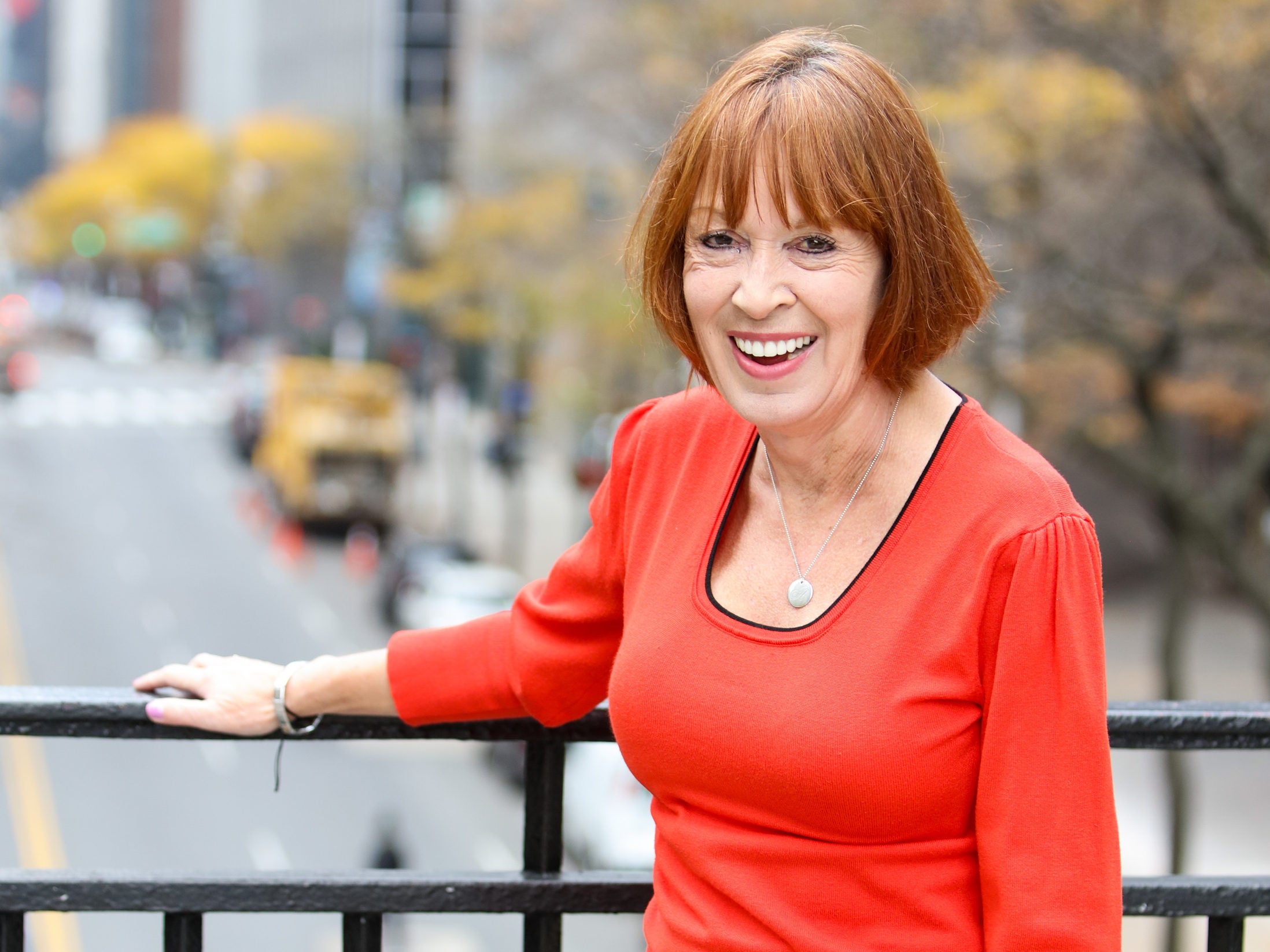
One of Fleet Street’s longest-serving freelances, who reported on the scene of the 9/11 terror attack, is retiring after 24 years based in New York.
British journalist Annette Witheridge, 58, is regarded as the grand dame of freelances in the US, having outlasted everyone she can think of.
She is now returning to the UK to spend more time with her family.
When terrorists flew planes into the World Trade Centre in 2001, Witheridge raced to the scene and arrived before the barricades went up.
“I was two blocks away when the first tower collapsed,” she said.
“I remember an odd rumble, astonishingly quiet, followed by massive black cloud snapping at my heels.
“For the next 12 months we covered very little else except heartbreak. It was very grim but some of the people I interviewed have become lifelong friends.”
Born in Sutton Coldfield, outside Birmingham, Witheridge made her way to Fleet Street by the age of 23 and worked on staff at the News of the World.
Her stories often took her to America, so in January 1995 she moved to New York permanently and set up Big Apple News agency with ex-Mirror staffer Allan Hall, who is now based in Berlin.
Former Big Apple journalists include Graeme Culliford, now a senior feature writer on the Sun on Sunday, and Mark Coleman, who founded the Coleman-Rayner agency in Los Angeles.
Witheridge later sold Big Apple News and ghost wrote a book with the mother of rapper Eminem before returning to freelancing.
Over the past two decades she has worked for every national newspaper in the UK, as well as dozens of magazines and TV stations in the US, Australia and beyond.
Some of Witheridge’s biggest scoops came during the 1990s.
She was the first to track down disgraced popstar Gary Glitter in Cuba after he was first accused of possessing child porn in 1997.
Also that year she covered the trial of British au pair Louise Woodward who was jailed for shaking a baby to death in Boston, USA.
When John F Kennedy Junior’s plane crashed off Martha’s Vineyard in 1999, Witheridge broke the story about how his fairy tale marriage had become a nightmare and he was on the verge of divorce.
She sold it around the world, but said she was attacked in the US press for “being British” and daring to shatter the Kennedy fantasy.
Witheridge also once went undercover on tour with Oasis until an eagle-eyed bodyguard in Philadelphia recognized her from Toronto 24 hours earlier – but not before a drinking session with Noel and Liam Gallagher.
As well as the US, Witheridge has covered stories across Canada, South America and the Caribbean.
She said: “I once spent 11 days – and stayed on three different islands – in the Bahamas on the trail of an aristocrat (Lord Brabourne, now the Earl of Mountbatten) who had left his wife and stately pile back in Britain for a vibrant young widow.
“Having found them four days into the story, photographer Chris Bott and I kept tripping over them. Twice we were at restaurants, when they came in after us. I started to wonder who was following who.
During Witheridge’s time in New York the journalism business has changed massively and, in her opinion, not always for the best.
“When I first arrived in America, I relied on copy takers to get my stories over to Fleet Street, faxes to send over magazine features and a giant ‘steam-engine’ computer that bounced stories via a satellite to the UK,” she said.
“By 1997 we had internet – sort of – but it was extremely slow and not very reliable. Photographers travelled with developing kits and $10,000 wire machines.
“Digital photography, smartphones and the internet changed everything. Pinging stories over is much faster, but the ability to syndicate stories around the world all but vanished as online publications expanded and gobbled up our hard work for free.
“News groups merged, magazines folded or were taken over by venture capitalists, who didn’t want to pay for journalism. Once generous pay rates have plunged. Some news groups now pay a pittance.
“And don’t even get me started on online editors who think ‘exposure’ will pay my bills.”
Despite the changes, Witheridge said she still loves journalism and would recommend it as a career for anyone as it “never feels like a job” and every day is different.
She will leave New York early next year and may be found volunteering at Dr Johnson’s House just off Fleet Street or finally finishing her novel.
Daniel Bates is a freelance journalist based in New York and is available for commissions through danielgbates.com.
Pictures were taken by freelance photographer Lisa Macfarlane, also based in New York, who can be reached through themacfarlanes.photo.
Email pged@pressgazette.co.uk to point out mistakes, provide story tips or send in a letter for publication on our "Letters Page" blog
